

Anything airborne has practically zero armour, the trick is actually hitting them. Chances aren’t good with an assault rifle OTOH a magazine full of bullets is like 10 bucks on the open market. For a military, probably cheaper than an MRE. It’s worth the shot.
As this was actually a planned mission I wouldn’t be surprised if they used air-burst munitions, that is, proper flak.



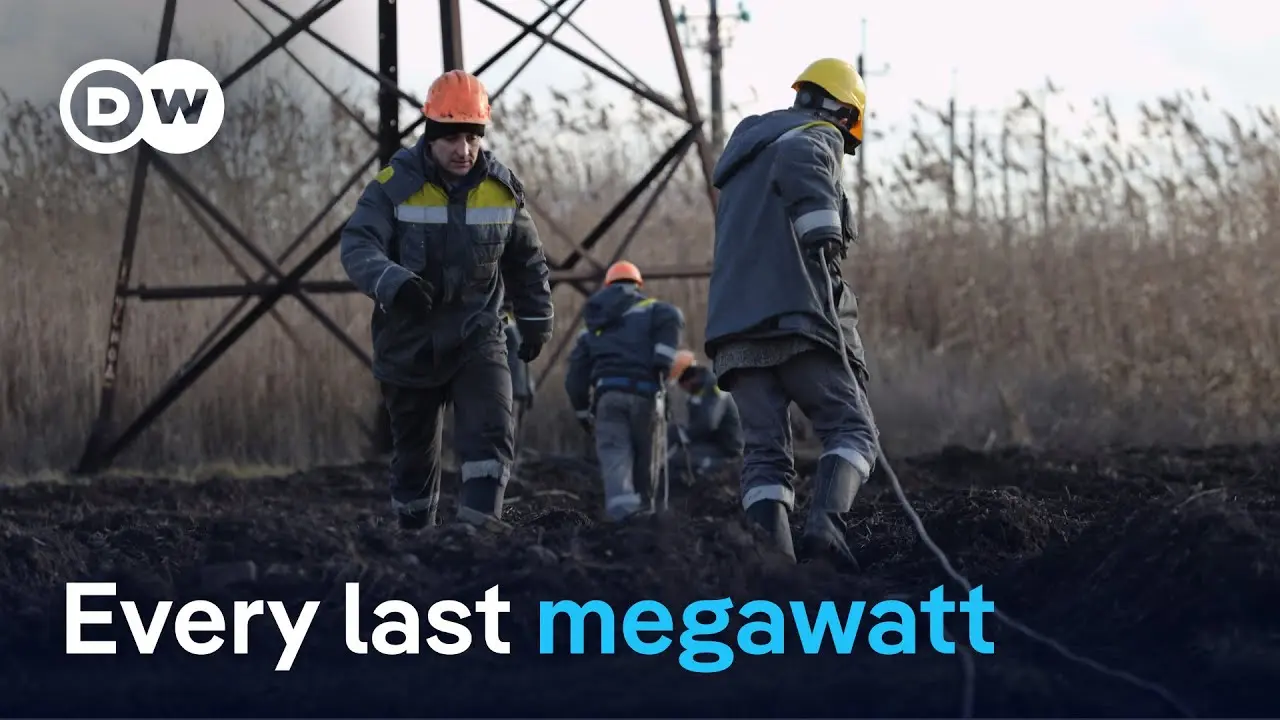
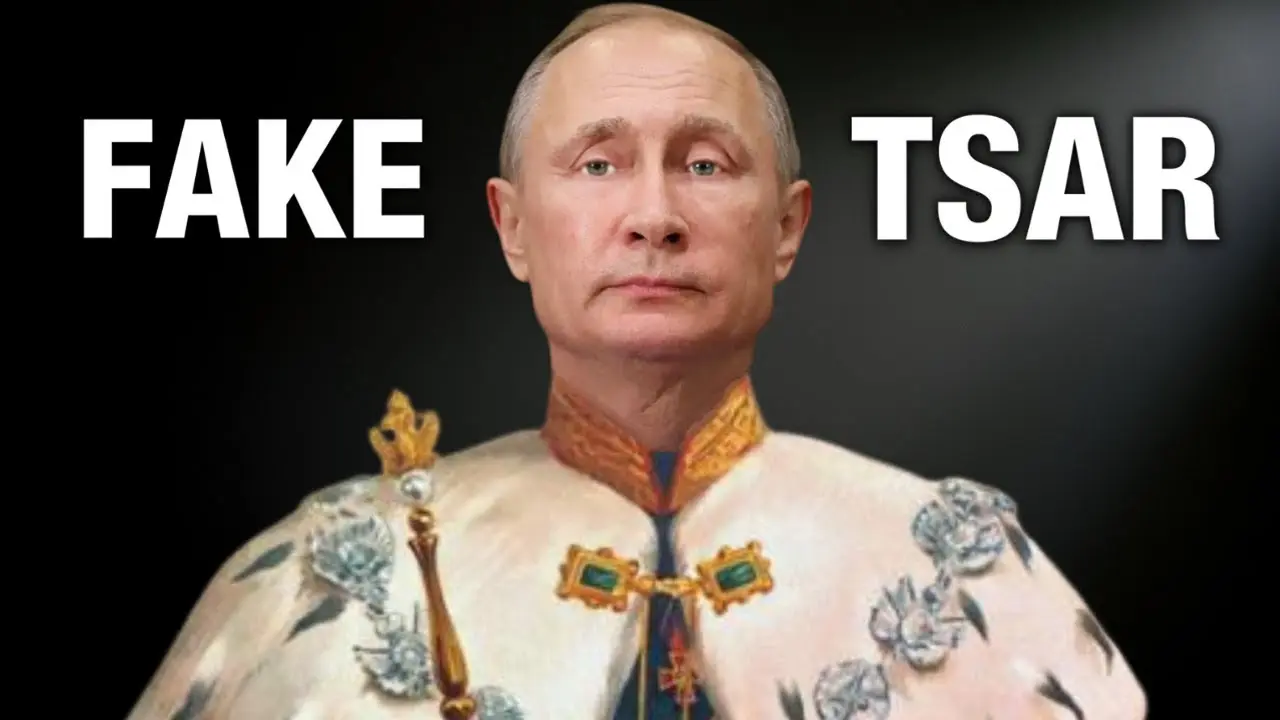

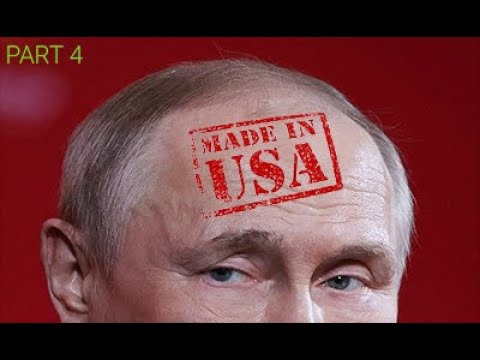
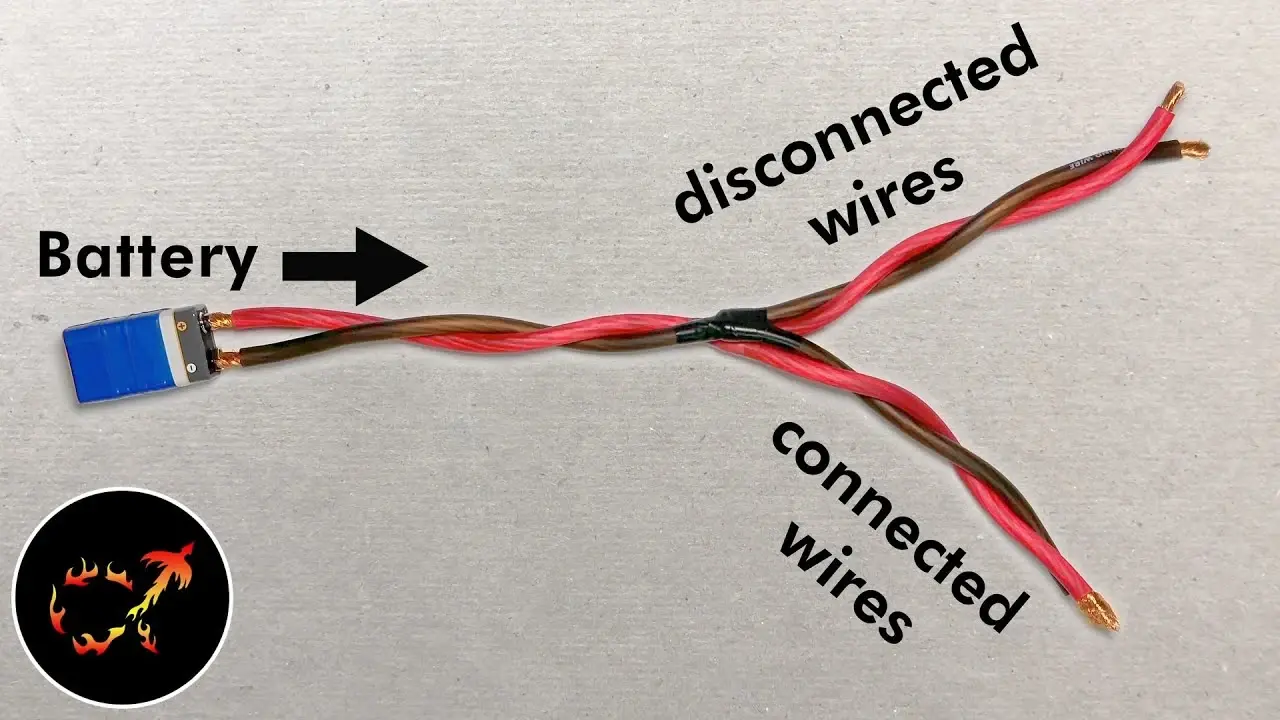





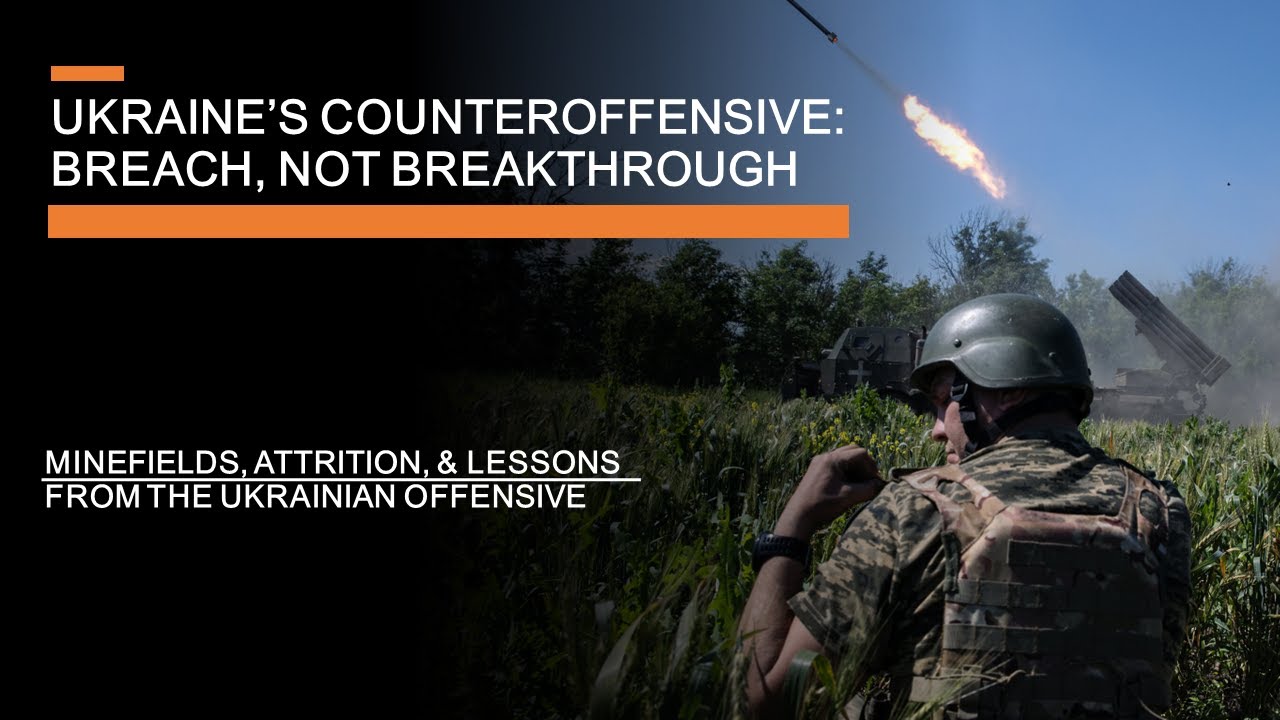
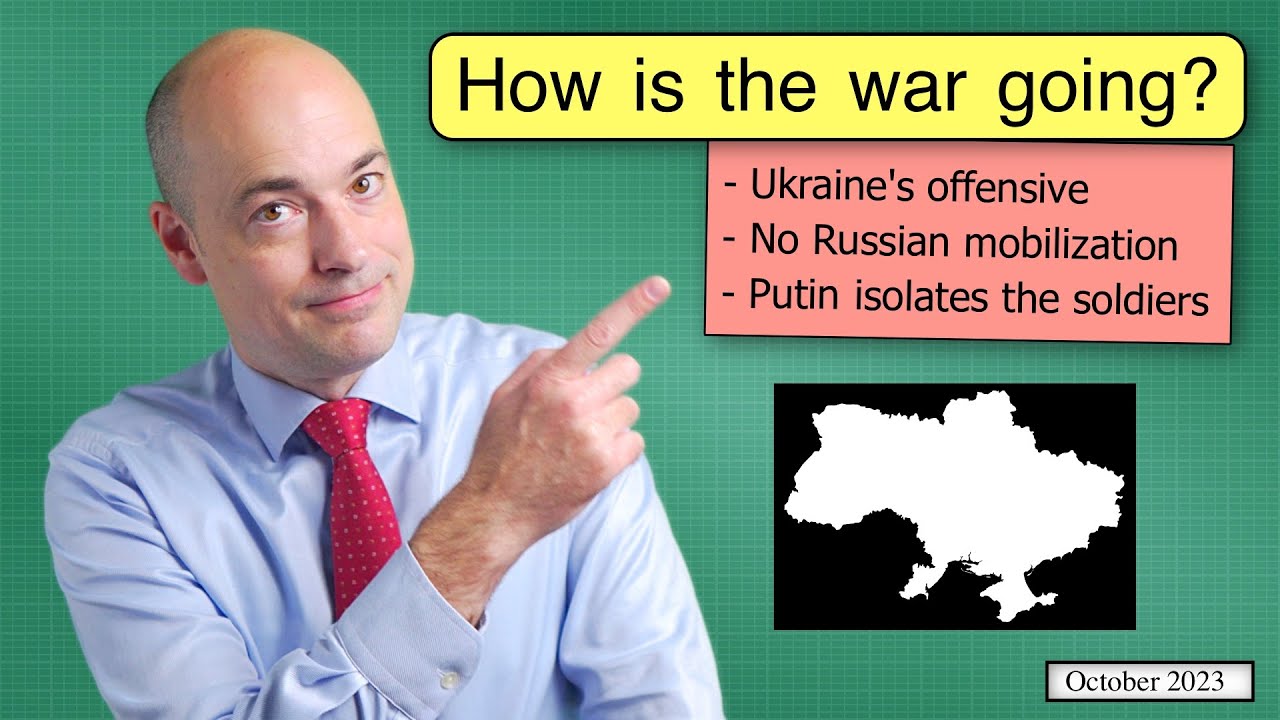
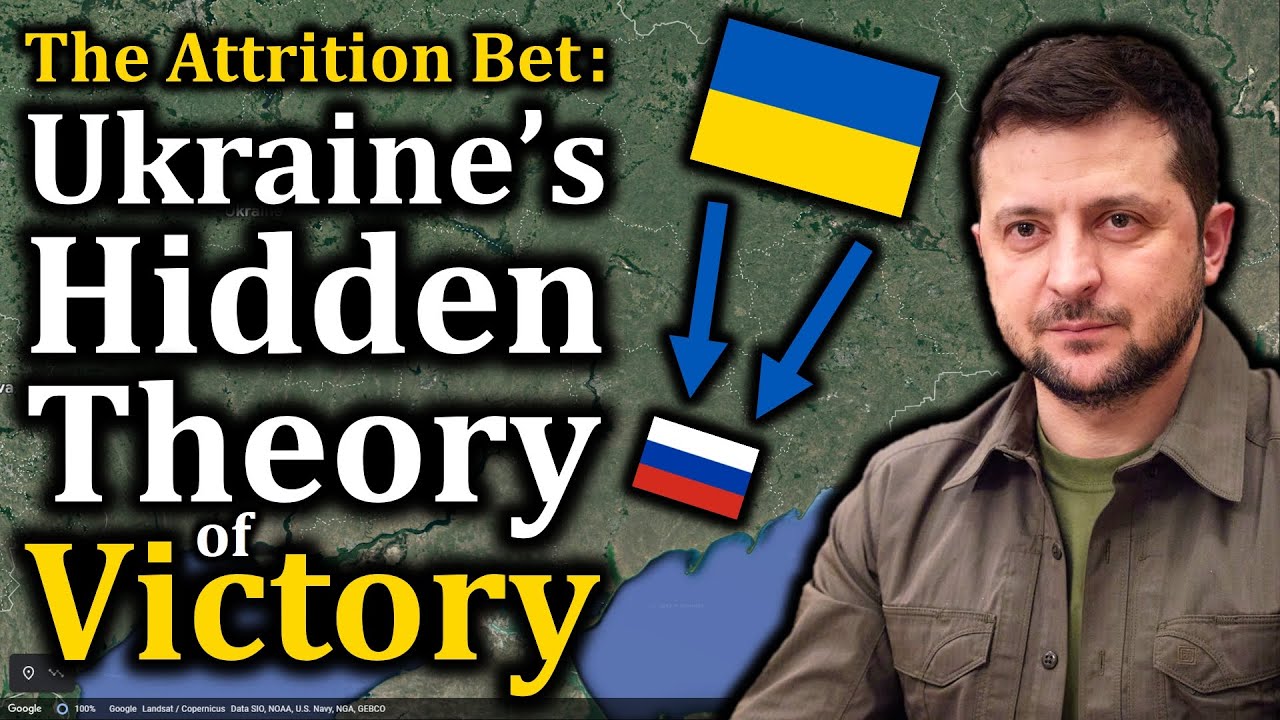

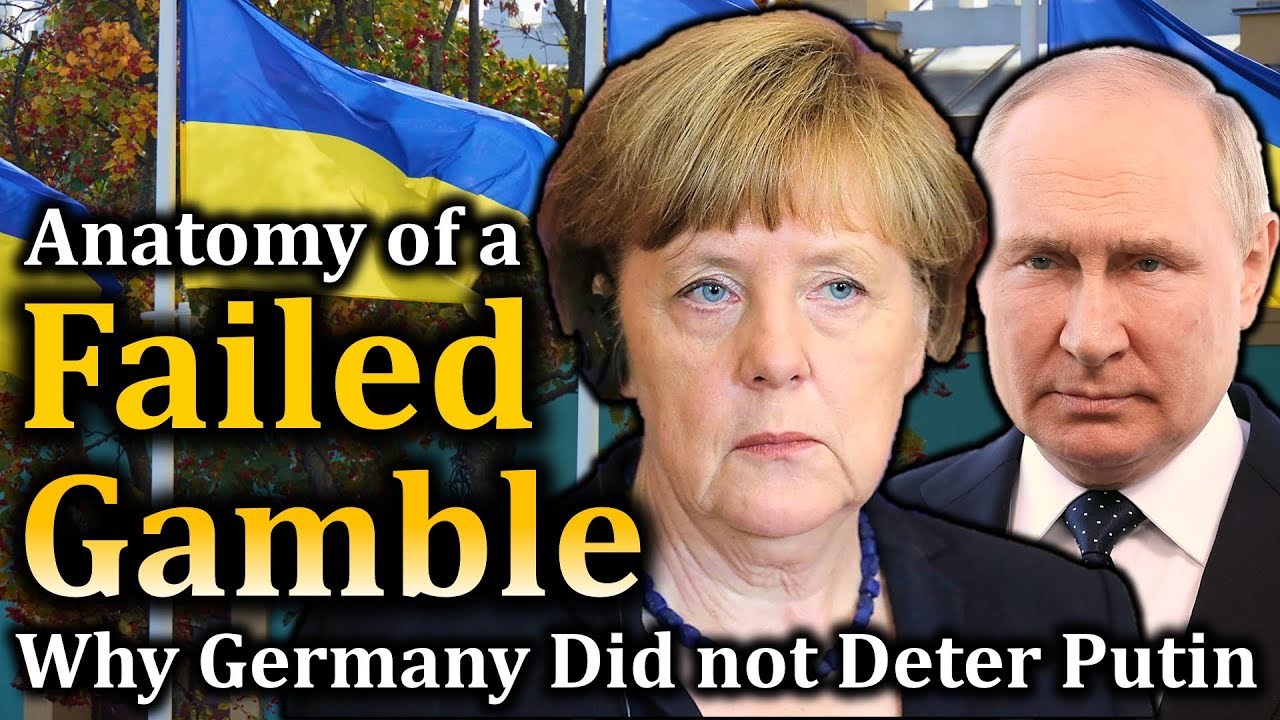

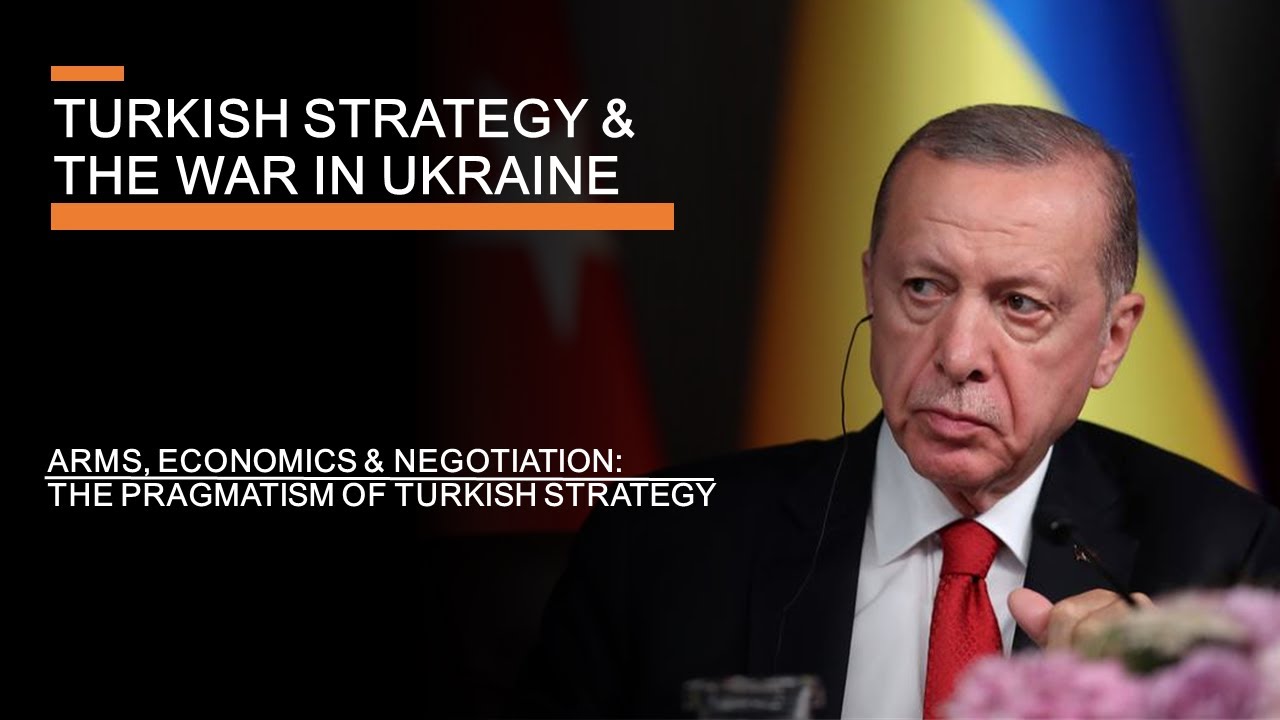
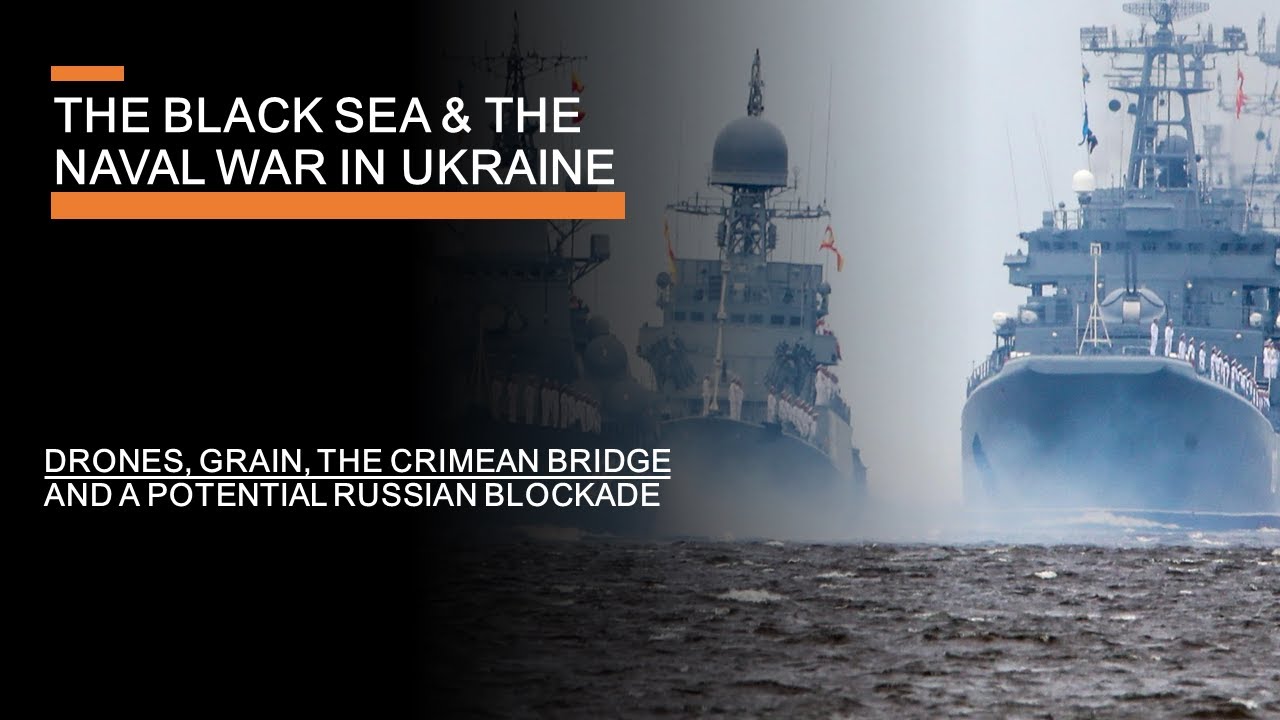
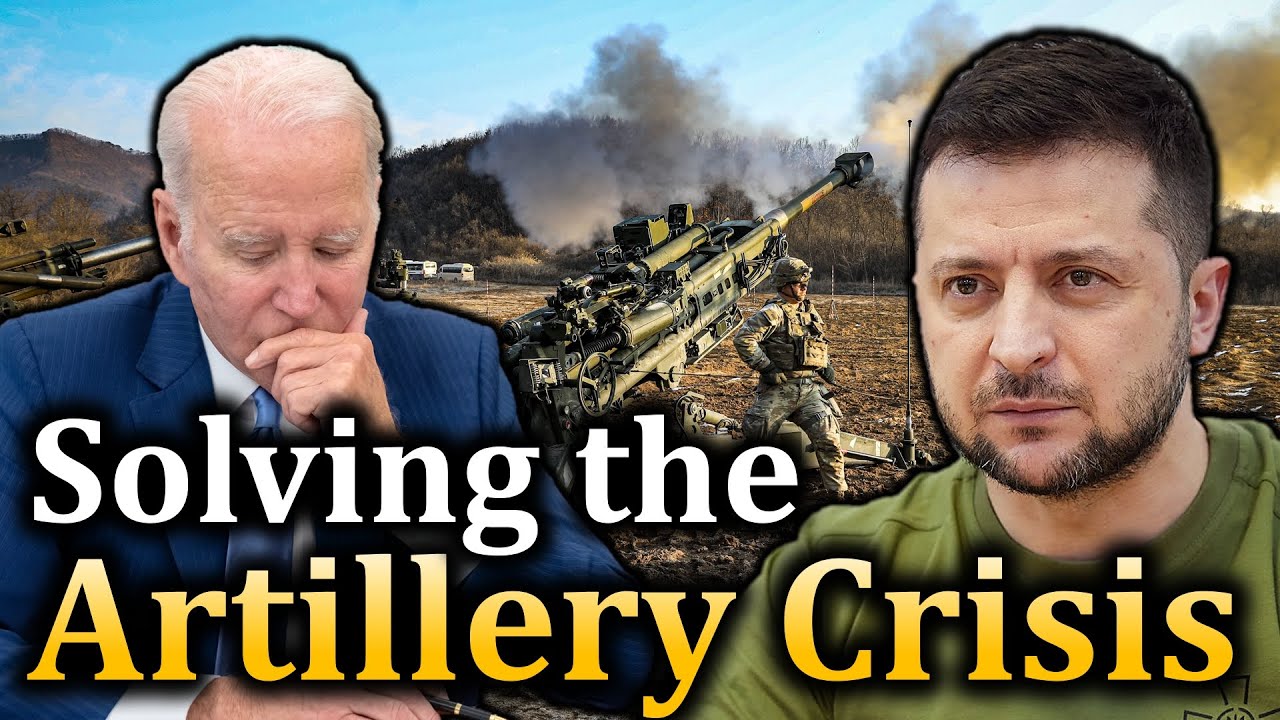
Craft, pure craft, is what makes a Tarantino movie. Especially strong when it comes to dialogue and framing it.
Tarantino is about as special as Villeneuve is special – but not in the same way. They both have their specialities where they’re extraordinary, and in other aspects they’re only rock solid.
Not liking/enjoying a movie is fine, but it doesn’t really say anything about how good the movie is, it just might not have been for you. Maybe watch a scene analysis and even if the movie still doesn’t do it for you, you can appreciate the skill with which it’s done.